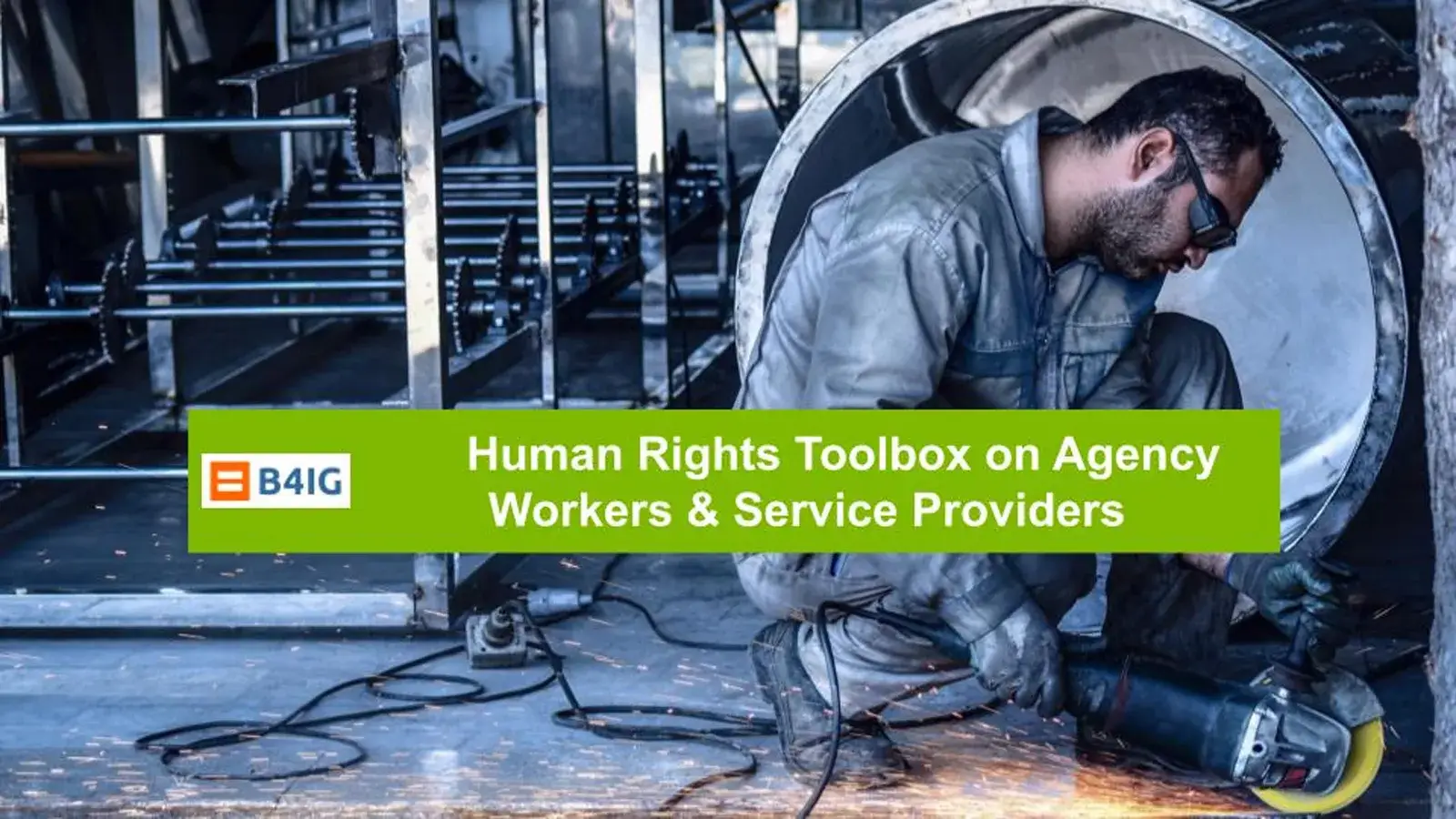The latest International Labour Organisation’s 2021 Global Estimates indicate that 27.6 million people are entrapped in forced labour. Diverse crises in recent years – armed conflicts, COVID-19 pandemic, climate change – have led to unprecedented employment challenges, disruption in education, increase in extreme poverty, forced migration and a surge in inequalities.
In line with the B4IG pledge on Inclusive Growth, to advance human rights in direct operations and supply chains by working to combat child labour and forced labour and respect freedom of association, the coalition is publishing its Human Rights Toolbox on Agency Workers and Service Providers as a core tool to support companies in improving their human rights and labour practices.
The B4IG Working Group on Human Rights held several working sessions focusing on companies’ experiences and tools, and shared learnings to develop a holistic framework for adopting inclusive and ethical practices.
The ‘Human Rights Toolbox on Agency Workers and Service Providers’, intends to help companies analyse, improve and engage on human rights risks and impacts appropriate to the nature and context of operations. Based on the OECD Due Diligence Guidance for Responsible Business Conduct, the toolbox presents a compilation of member companies’ diverse tools that range across different stages of Human Rights Due Diligence including identification, assessment, prevention, and remediation mechanisms. The approach is practical and operational, as the selection of tools covers human rights performance management, commitment letters, tendering and contracting tools, and grievance mechanisms, among others.
Summary of Toolbox
The B4IG Human Rights Toolbox contains 6 human rights tools presented under six due diligence steps, each of them illustrated with key actions and principles:
- Due Diligence Step 1: Embedding responsible Human Rights conduct into policies & management
- Due Diligence Step 2: Identification & assessment of harmful impacts
- Due Diligence Step 3: Ceasing, preventing, or mitigating harmful impacts
- Due Diligence Step 4: Monitoring of implementation process and results
- Due Diligence Step 5: Communication on how impacts are addressed
- Due Diligence Step 6: Provision of remediation where appropriate
Learn more – B4IG Human Rights Toolbox on Agency Workers and Service Providers

